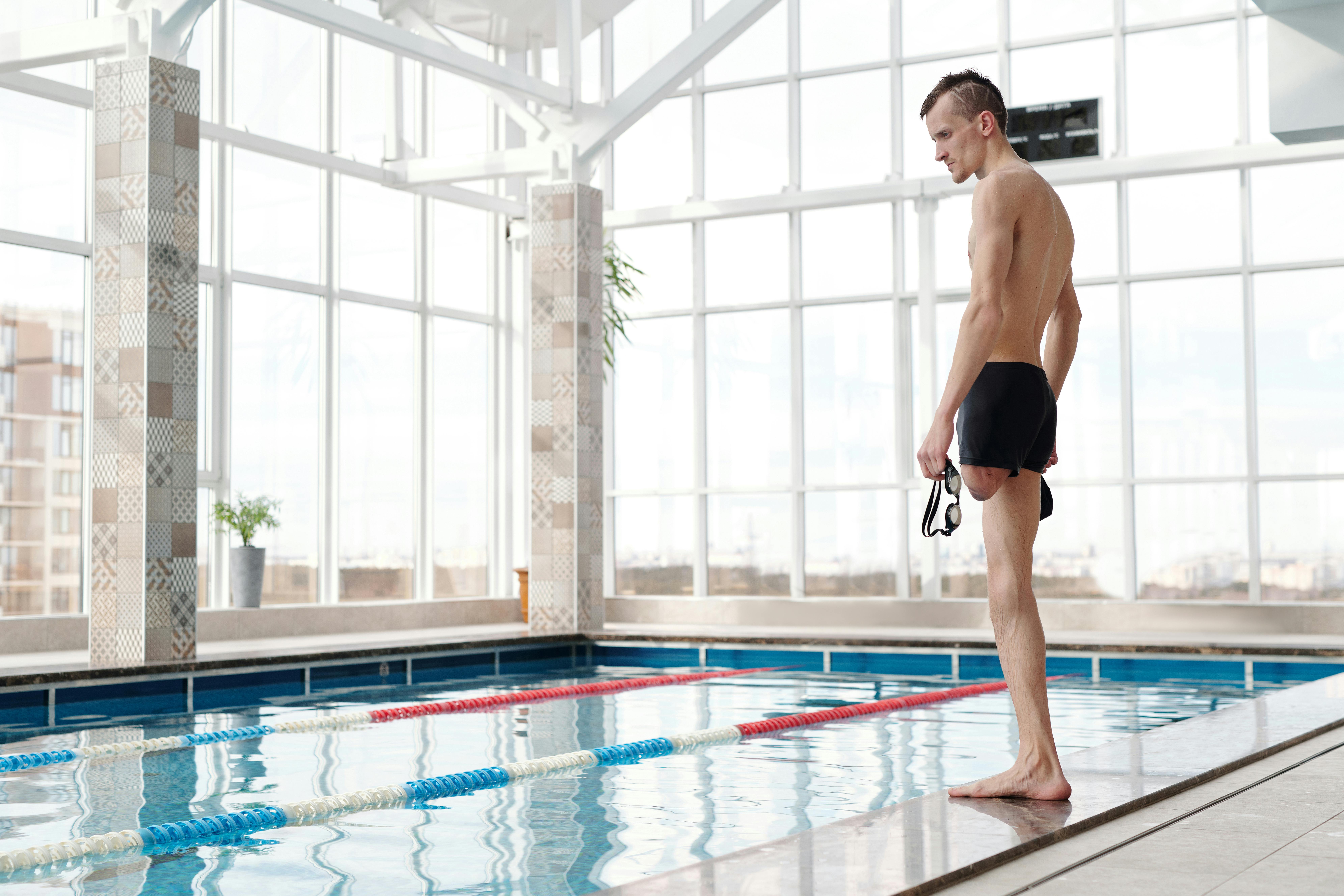How to control hot flashes and last longer in bed thereafter
Are you experiencing night sweats or hot flashes in the last few days? If so, you may be approaching menopause!
Night sweats and hot flashes are considered a bane in every woman’s life. They are among the most common symptoms of menopause and premenopause. In general, menopause is a particular phase in a woman’s life in which her reproductive capacity ends. Most women reach the menopausal period in their early fifties and late forties, when they begin to think about their future, leaving their sex lives behind.
Basic symptoms of menopause
Listed below are some common symptoms of menopause, including:
• Change in the menstrual cycle
• Night sweatshirts
• Sleep and fatigue
• Sudden mood swings
• Vaginal dryness
• Sudden weight gain
• Hypertension
• Memory problems
• Change in sexual life
What are hot flashes?
Hot flashes, also known as hot flashes, are a quick feeling of heat that leads to night sweats and more, making it difficult to sleep. Their precise cause is still unknown, but they are somehow thought to be related to the hormonal changes that occur in the body. Its symptoms are reddening of the face and neck, night sweats, tingling in the fingers, intense heating of the skin, increased heartbeat, etc.
how to prevent it
Do you have any idea what causes hot flashes? Here are some of the most common hot flash triggers, including Excessive smoking, Drinking alcohol, Eating spicy foods, Consuming caffeine, Wearing tight clothing, Taking unnecessary stress
Fortunately, there are several ways to keep them at bay and get a sweat-free night’s sleep, such as:
• keep cool – it is important that you keep your room cool at night to avoid unnecessary sweating and overheating of the body. In addition, you can use the fans during the day and wear cotton clothes to sleep peacefully.
• deep breathing – According to various health institutes, it is recommended that you try deep breathing, also known as relaxation breathing, at least twice a day, which helps reduce night sweats.
• Regular exercises – Exercises help control some of the symptoms of menopause and help relieve stress, regain focus, establish a positive attitude towards life and more. Exercises like swimming, yoga, meditation, dancing, bicycling, walking are good options.
• Hormone replacement therapy – is a very popular and effective way to take care of most menopausal symptoms. But before you think about HRT, that is, hormone replacement therapy, it’s important to talk to your doctor about the pros and cons.
